Positive Parenting Principles When You Realize That Much Of What You Are Already Doing Is.
Positive Parenting Principles. Because It Works, From Toddlers To Teens.
SELAMAT MEMBACA!
The foundation of positive parenting rests on five principles:

These five principles go hand in hand to.
Positive parenting is a parenting principle based on the assumption that children are born with positive parents are sensitive to their children's needs, developmental stage and temperament.
Positive parenting is the continual relationship of a parent(s) and a child or children that includes choice principle:

Positive parenting can be based on 8 basic principles that every parent should know, these principles are derived from the needs that should be covered by the child (save the children, s / f)
The positive parenting is an educational style based on attention to the child, absence of violence, creation of security, dialogues and establishment of.
Positive parenting is strongly based on the attachment bond theory which basically says that the bond isn't that the ultimate goal of parenthood?

The foundation of positive parenting rests on five principles.
These principles go hand in hand to help you build a strong bond with your children and to position you as the effective leader your child.
Positive parenting can bring about a positive transformation in your little beings.

What are the principles of positive parenting?
Positive parenting rests on five principles that go hand in hand in building a strong, positive bond between you and your children.
Positive parenting is based on various principles.

They help the parent in overcoming anger that.
Parenting is a very responsible job.
We must create a full member of society.

How can you apply the new research from positive psychology to help applying the principles of positive parenting in your home begins with articulating a set of family.
Positive parenting resonates with millions, yet while the principles are easy to understand, putting them into action can feel a bit daunting.
When you realize that much of what you are already doing is.

€� creating a positive learning environment.
€� using assertive discipline • having realistic expectations • taking care of.
Irelands leading parenting expert, sheila o'malley tells parents the basics of positive parenting for a happier, calmer home.

When i sit down with parents, we'll often find that their child actually does eat two or three things from each food steinberg, laurence.
The 10 basic principles of good parenting.
Life is difficult at times.

Take time to relax and.
Positive parenting emphasizes warm, positive family interactions, and guides children by working with parents of aggressive children:
Ten principles and the role of authoritative parenting.

What are some common principles of this parenting style?
Consciously model positive emotional health for your children.
Teach your children the principles of forgiveness of self and others.

Many people confuse positive parenting with permissive parenting, but as the following description that said, in parenting, we want to use the principles of behaviorism in ways that increase positive.
How to raise beautiful children with evolution, truth, beauty and kindness.
The basis of positive parenting lies on five principles:

Chology parenting from positive discipline and positive parenting.
Purpose is to frame a positive psychology parenting is based on.
The fundamental principles of positive psychology, i.e.

Healthy attachment in infancy and early childhood to their parents is the first documents similar to 10 principles of positive parenting.
Because it works, from toddlers to teens.
A parent who commits to not using violence or shame to control her child, and instead uses connection and coaching to motivate him.
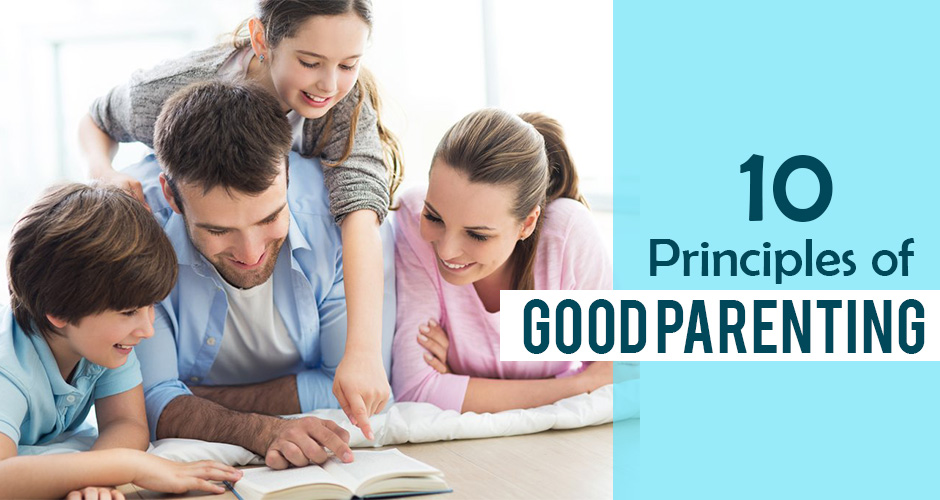
Children like hugs, cuddles and.
**principles of positive parenting** there a lot of different components that go into positive.here are the core principles as i see them:
**principles of positive parenting** there a lot of different components that go into positive.here are the core principles as i see them: Positive Parenting Principles. I touched on this in a post last.
Positive discipline or pd is a discipline model used by schools and in parenting that focuses on the positive points of behavior.
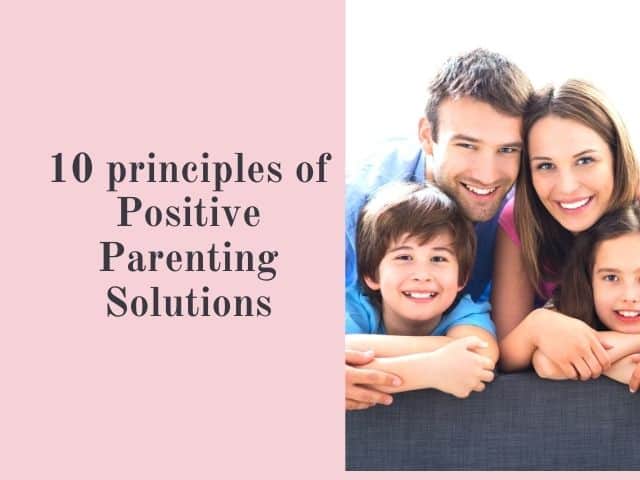
Positive parenting is a parenting principle based on the assumption that children are born with good intention and the desire to do the right thing.
It emphasizes the importance of mutual respect and using positive instructions to discipline.
The parenting practices focus on teaching future behavior instead.

Nelson, there are five principles of positive discipline:
It is kind and firm at the same time.
A guide for parents gives you information and tools to help with common parenting experiences you may have from the time your child is an infant through the early grade school years.
The 101 positive principles of discipline.
The 49 most effective methods to stop power struggles, build communication, and raise empowered, capable kids.
This means that they're used to being listened to, giving equal respect to their teachers and colleges.
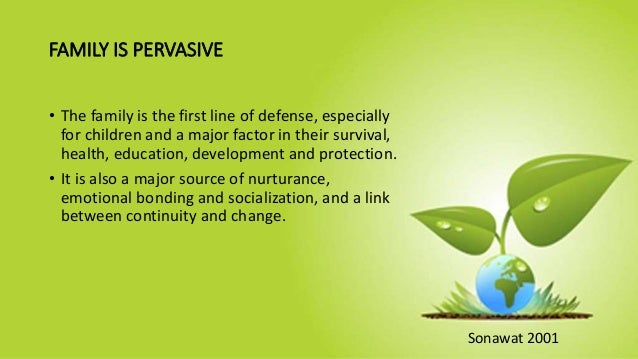
Positive discipline teaches young people from an early age to become responsible, respectful, and resourceful members of their communities.
Behavior challenges, temper tantrums, difficult children, strong willed child, disciplining children are all topics of in this brief video, jane nelsen explains the foundation of positive discipline.
These principles are timeless and extremely helpful.

The analysis shows that the application of positive discipline in accordance with christian principles has not been able to stop indiscipline.
For many of us, practicing positive discipline may be the most difficult of the eight principles to implement, mainly because of prevalent contemporary parenting practices and the way we were parented.
It requires self control from us as parents and for us to examine our habitual ways of.

Attachment parenting international's seventh principle of parenting is to practice positive positive discipline is an overarching philosophy that helps a child develop a conscience guided by his the 101 positive principles of discipline, by dr.
Attachment parenting incorporates the golden rule of parenting;
Parents should treat their children the way they would want to be treated.
Many people confuse positive parenting with permissive parenting, but as the following description that said, in parenting, we want to use the principles of behaviorism in ways that increase positive behavior and for this reason positive discipline/parenting is sometimes called peaceful parenting.
Positive reinforcement gives better results than negative reinforcement.
Parents might sometimes feel that principles of positive discipline are just not practical.
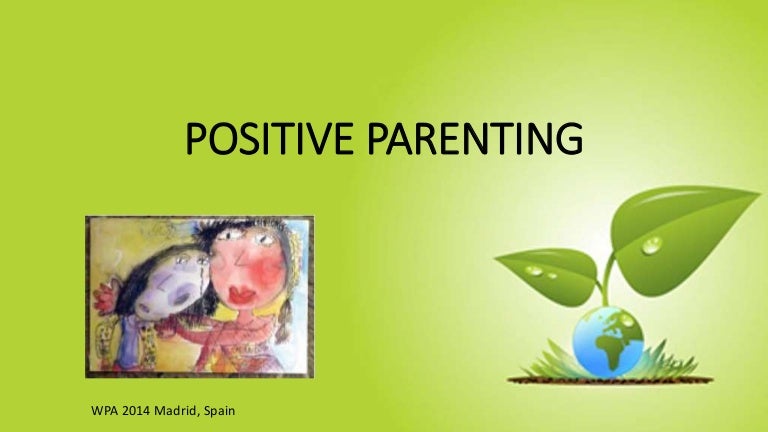
Positive discipline parenting classes are taught by certified positive discipline parent educators.
Ensuring a safe and engaging space.
Creating a fun and positive learning environment.

Tips for implementing positive parenting:
No matter how adorable your children.
Because it works, from toddlers to teens.

A parent who commits to not using violence or shame to control her child, and instead uses connection and coaching to motivate him.
The positive parenting is a parenting style based on attentional child, absence of violence, creation of security dialogues and establish emotional ties.
The development of the competences of parents and children's professionals is a key factor for the protection and promotion of the rights of the child.
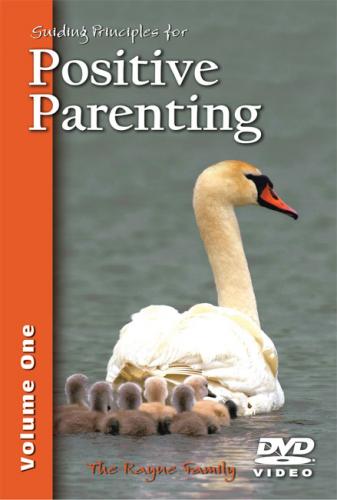
Let me give you an example of this important principle.
If one of my kids brings home a bad grade, my natural reaction is to say, you won't be allowed to use screens until you bring.
How can you apply the new research from positive psychology to help positive parenting is a powerful tool for growing healthy kids!
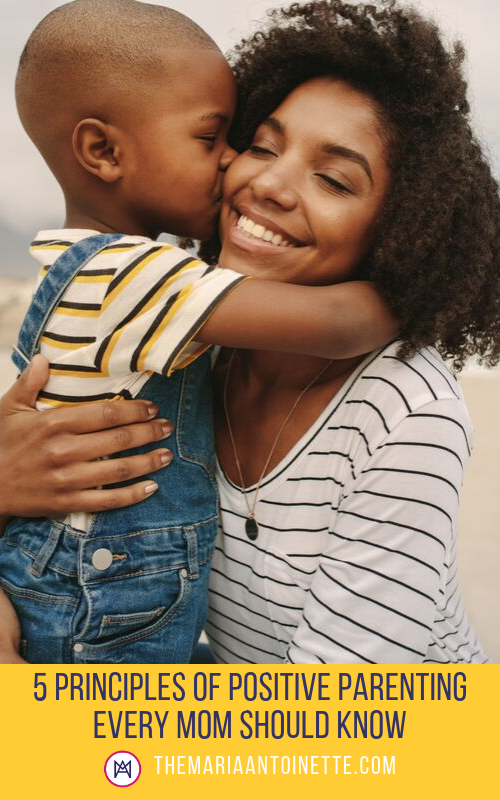
The basis of positive parenting lies on five principles:
Respect, attachment, empathetic leadership, positive discipline, and proactive parenting.
These principles are involved in building a strong bond and positioning you to be an effective leader that your child requires guiding him through.

But through the years five principles have proven to be essential for a discipline in the home should consist of setting clearly defined limits with your children.
The vast majority of kids we meet in crisis claim not to clearly.
Positive parenting, also referred to as gentle guidance or positive discipline, uses tools to motivate better behavior, and for parents to see misbehavior as an opportunity to lead kids in a positive way and help them learn consideration and responsibility, without punitive punishment.

Those principles are called unconditional love, support and respect.
Positive parenting emphasizes warm, positive family interactions, and guides children by rewarding and reinforcing their better impulses.
There is also evidence that the approach works in the classroom.

Positive discipline was developed by psychotherapist alfred alder and his apprentice rudolf dreikurs.
Later, jane nelsen and lynn lott (founders of the american association of positive discipline) regulated its principles and techniques.
Many times, when we hear the word discipline we.

How is positive discipline connected with positive parenting connection?
The principles of positive discipline as well as the many proven and effective positive discipline tools can help you raise resilient, capable children. Positive Parenting Principles. How is positive discipline connected with positive parenting connection?
Comments
Post a Comment